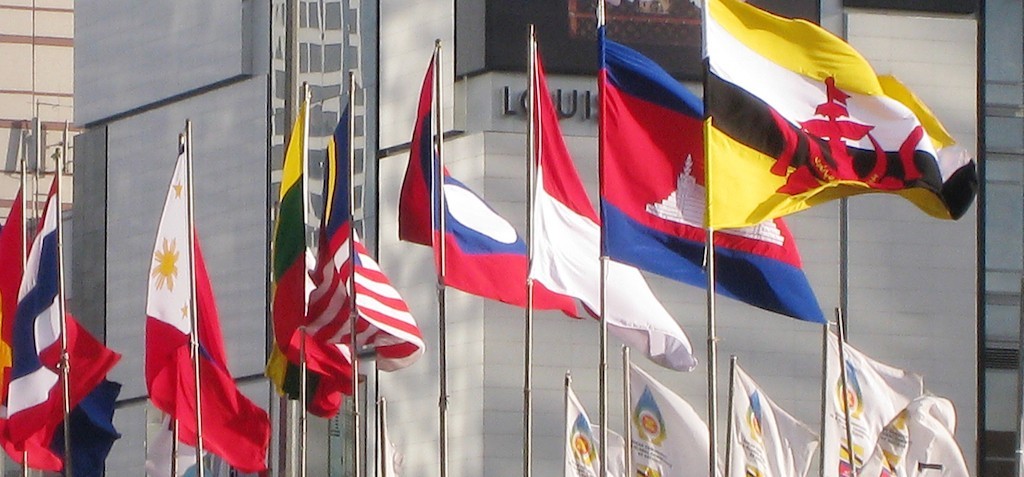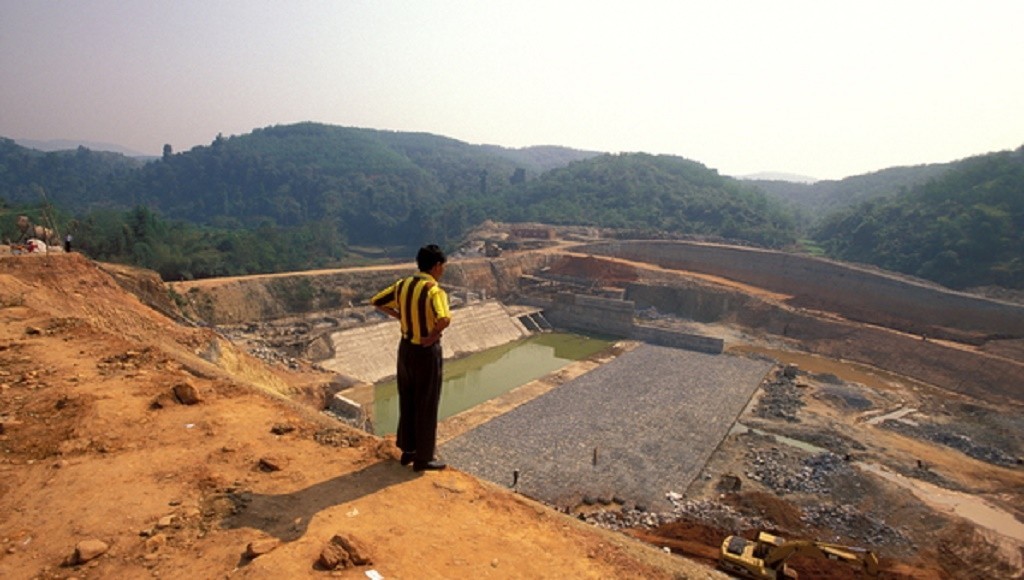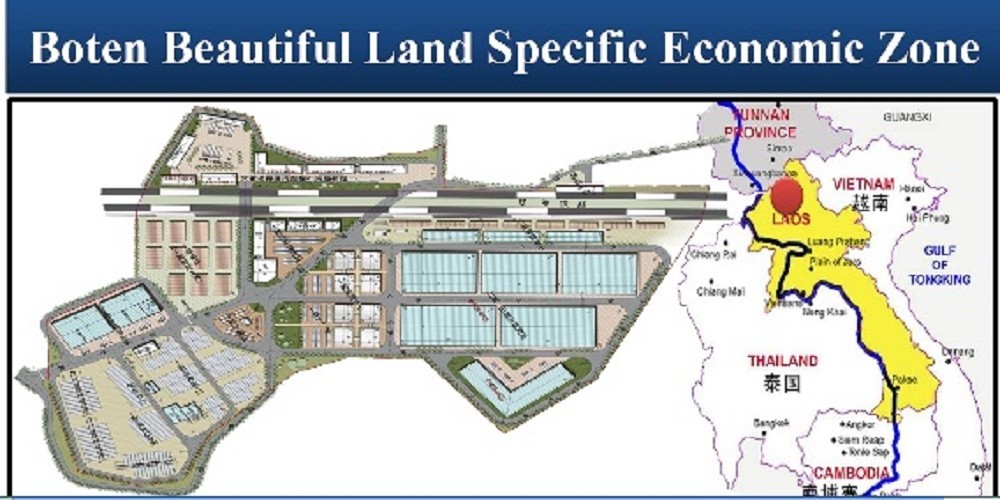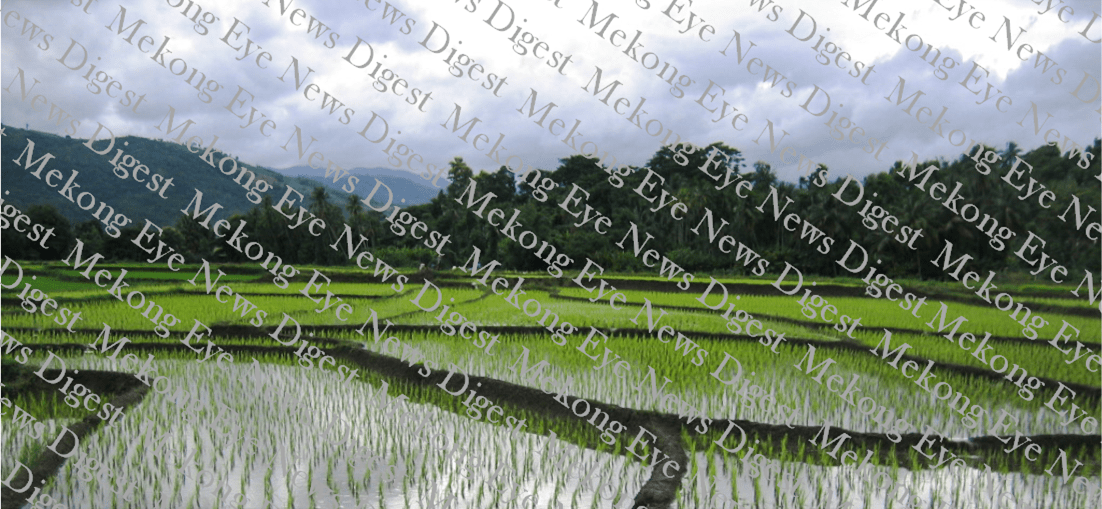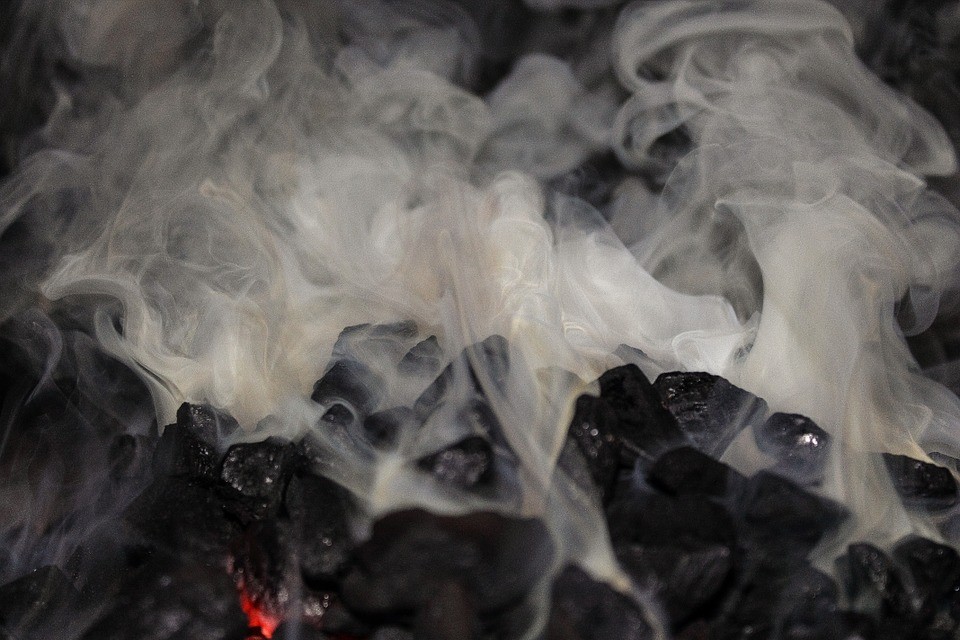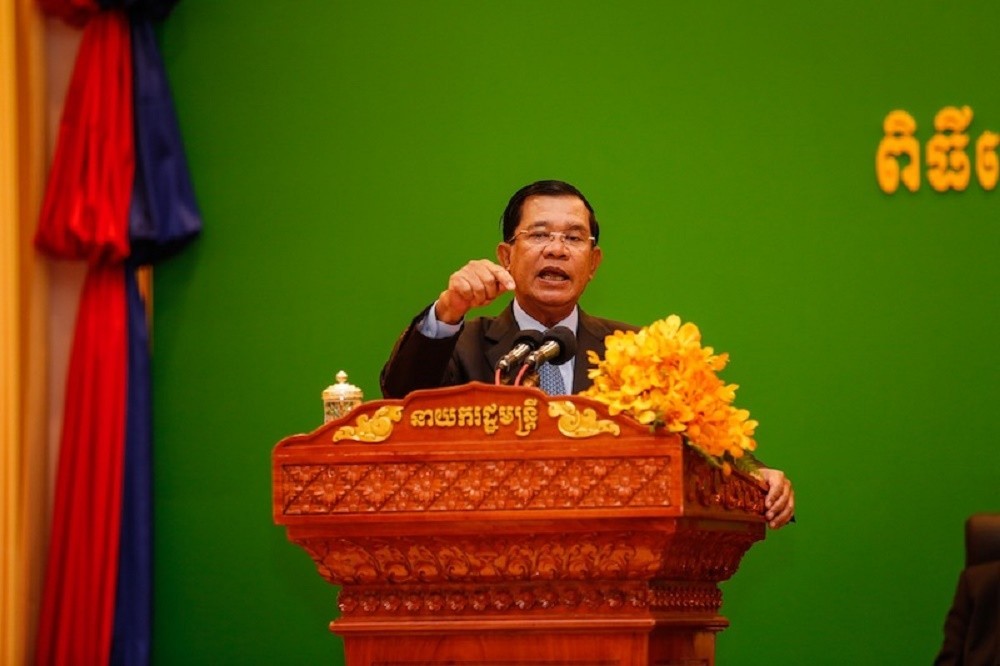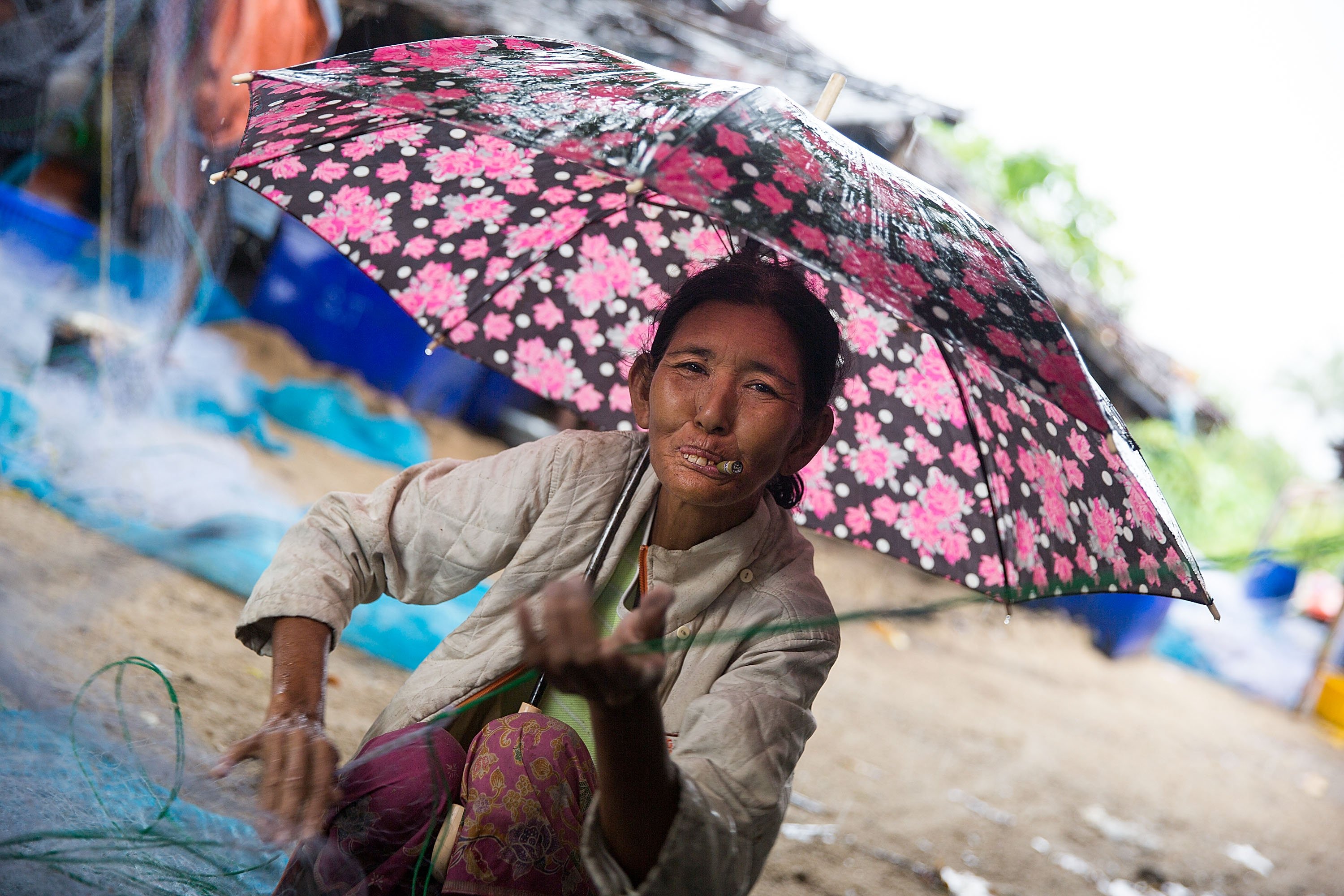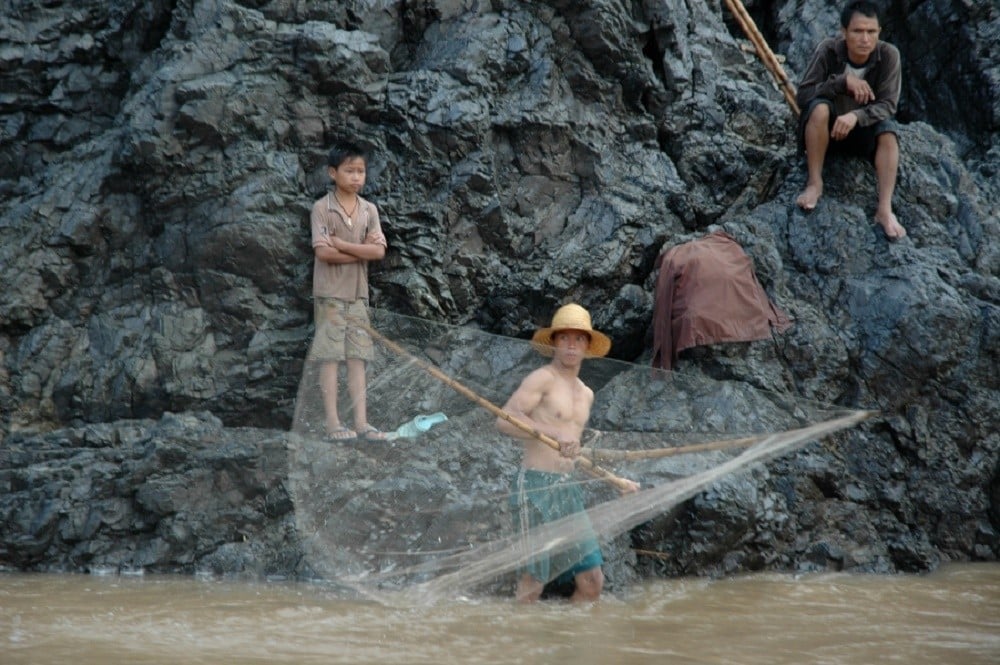Laos kicks off its Asean chairmanship Friday with an agenda-setting foreign ministers’ retreat in Vientiane, its capital on the east bank of the Mekong River.
Analysts say this year could be a coming of age for the “lower-middle income economy”, where poverty continues to be widespread, but which is one of the fastest-growing economies in the region.
Laos last chaired Asean in 2004. Its economy grew by an average of 7 per cent annually in recent years, mostly on the back of its natural resources, a construction boom in Vientiane and rising tourism.


